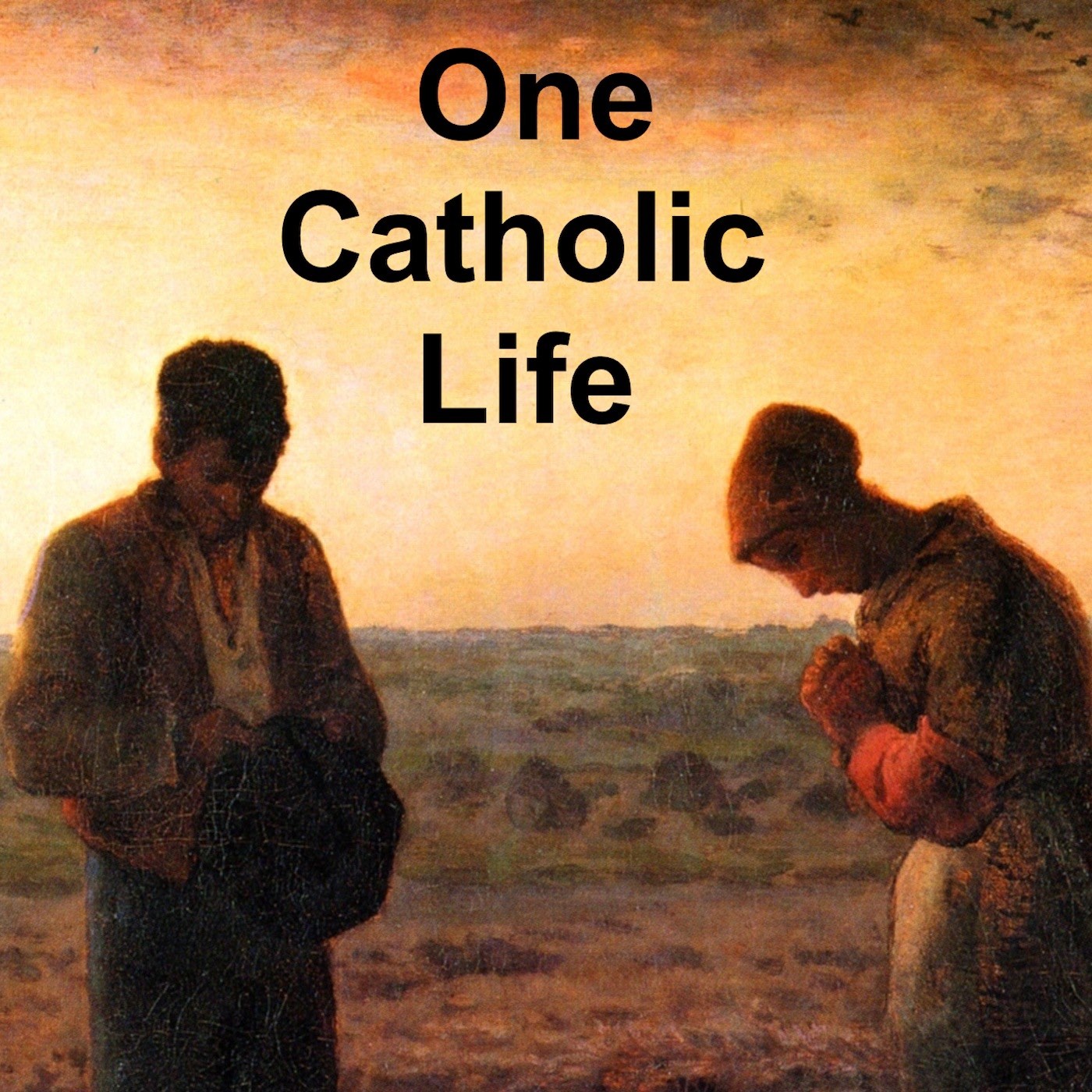Ending the Cycle of Hatred and Violence – Homily for the 7th Sunday in Ordinary Time Year A
Description
A few weeks ago we read how Jesus went up the mountain
to teach his disciples.
Just as Moses went up on Mount Sinai to receive the Law,
Jesus, the new Moses, speaks his Sermon on the Mount
to deepen our understanding of the Law.
This week he is still on the mountain
and his words are clear:
“Offer no resistance to one who is evil.”
“Love your enemies, pray for those who persecute you.”
The message is simple, the challenge is difficult:
Jesus is telling us to resist the cycle of violence.
We all know how that cycle works.
Violence begets violence.
Hatred begets hatred.
Retaliation leads to more retaliation.
The way we respond to violence
determines whether it increases or decreases.
It’s like that Bugs Bunny cartoon
where Elmer Fudd chases Bugs Bunny with an axe.
Bugs grabs a bigger axe and chases Elmer.
Elmer gets a pistol. Bugs gets a shotgun.
Elmer gets a cannon. Bugs gets a bigger canon.
And so on, and so on, and so on.
It’s funny in a cartoon.
But it’s devastating in the real world.
In the real world, the cycle of violence, retaliation, and hatred
leads to bullying, murder, suicide, and war.
So Jesus teaches us to end the cycle of violence,
not only because it harms our brothers and sisters,
but also because it prevents us from being one with God.
Our whole destiny gets derailed when we give in to hatred and violence.
Until we learn not to return evil for evil,
we cannot say that we are truly sons and daughters of God.
Jesus says “love your enemies and pray for those who persecute you,
that you may be children of your heavenly Father.”
This is not a threat of punishment, as in,
“You better love your enemies or you will not get to be children of God.”
This is a statement of the reality of God’s nature.
God is unconditional love.
“he makes his sun rise on the bad and the good,
and causes rain to fall on the just and the unjust.”
To be a child of God means to participate in the divine nature,
to join with God in unconditional love for everyone and everything.
That’s what it means to be holy as God is holy.
It means pouring out forgiveness, compassion, honesty,
understanding, generosity,
not only on those who love us,
but also on those who hurt us:
they guy who cuts us off on the freeway,
the coworker or boss who treats us unfairly,
the classmate who pushes us around at school,
even abusers, criminals, and terrorists.
This is Jesus teaching us how to love the way God loves,
generously,
withholding nothing,
greeting and forgiving even enemies and persecutors.
It is not easy.
When we think about the people who have wronged us
it is so difficult to contemplate loving them,
wishing them well,
forgiving them.
But it can be done.
I read recently about a university professor who was also a deacon,
whose young daughter was brutally murdered.
About the time that his daughter’s murderers came to trial,
he ran into an old friend in an elevator.
The friend, not really knowing what to say,
muttered how difficult it must be to go through the trial,
reliving his great loss once again.
“Yes,” said the professor,
“but the hardest thing is trying to convince the prosecutors
that we want life imprisonment without parole
and not the death penalty.”
More Episodes
We are given very powerful readings today,
powerful individually and powerful collectively.
And at the heart of them all is a line by St. Paul
in his letter to the Romans:
“…be transformed by the renewal of your mind,
that you may discern what is the will of God,
what is good and pleasing...
Published 09/04/23
Published 09/04/23
It’s a sad fact of history
that the largest religious community
that ever lived together in the same place
in the history of the Catholic Church
was at the Dachau concentration camp in Germany during World War II.
Over 2,500 Catholic priests became prisoners in Dachau,
in Cellblock 26,...
Published 02/13/23


